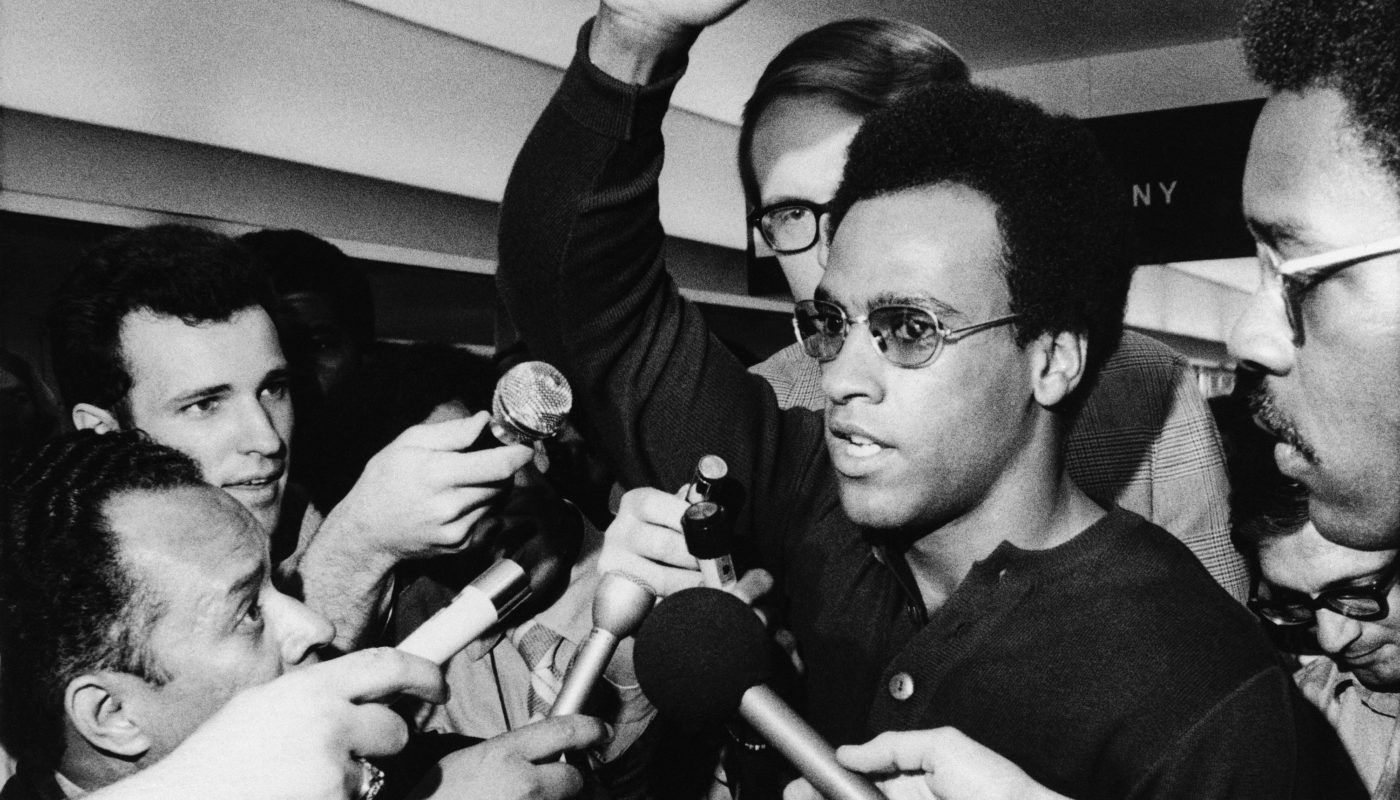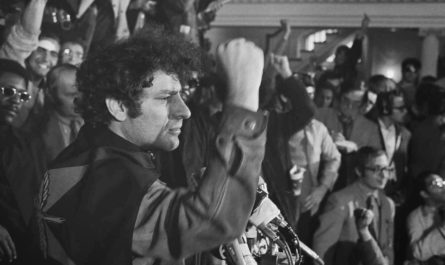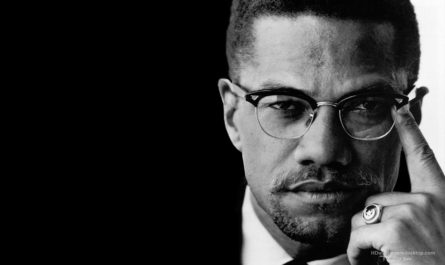HUEY P. NEWTON: February 17, 1942 – August 22, 1989
It’s midway through Black History Month, and a couple of weeks after Beyonce released her new single “Formation” via a Super Bowl half-time show that – based on my Facebook feed and what I’ve seen on the internet – caused white people to collectively lose their fucking minds. During the show, Beyonce and her dancers adopted black leather, afros, and berets similar to those worn by the Black Panther Party, which had been formed in 1966 in the same Bay Area. The song, “Formation”, is Beyonce’s warm embrace of her African-American heritage and culture, with the inspirational coda “you might just be a black Bill Gates in the making”. “Formation” – the song and the Super Bowl performance – was an embrace of black heritage without any sense of marginalization. Critics are still arguing over whether it is appropriation or homage, but from my perspective, either answer is irrelevant. What is important (as evidenced by the backlash) is that a statement about the pride in African-American heritage and culture is not coupled by marginalization. It is not “it’s a black thing, you wouldn’t understand”. This was “it’s a black thing, and it’s going to be as important and embedded as Bill Gates”, an uber-symbol of white homogeneous capitalism. The core of Beyonce’s statement is a reference to the core of The Black Panther Party’s statement, “All Power to the People”. THE people. All people. Not poor people. Not black people. Not rich people. Not white people. THE people. As defined by the Black Panther Party, “power to the people” was the ability of every person to choose their own destiny, fairly and equally. “Power to the people” is nothing more than the right of every person to be considered, equally. It was an idea learned the hard way by Black Panther Party co-founder Huey P. Newton.
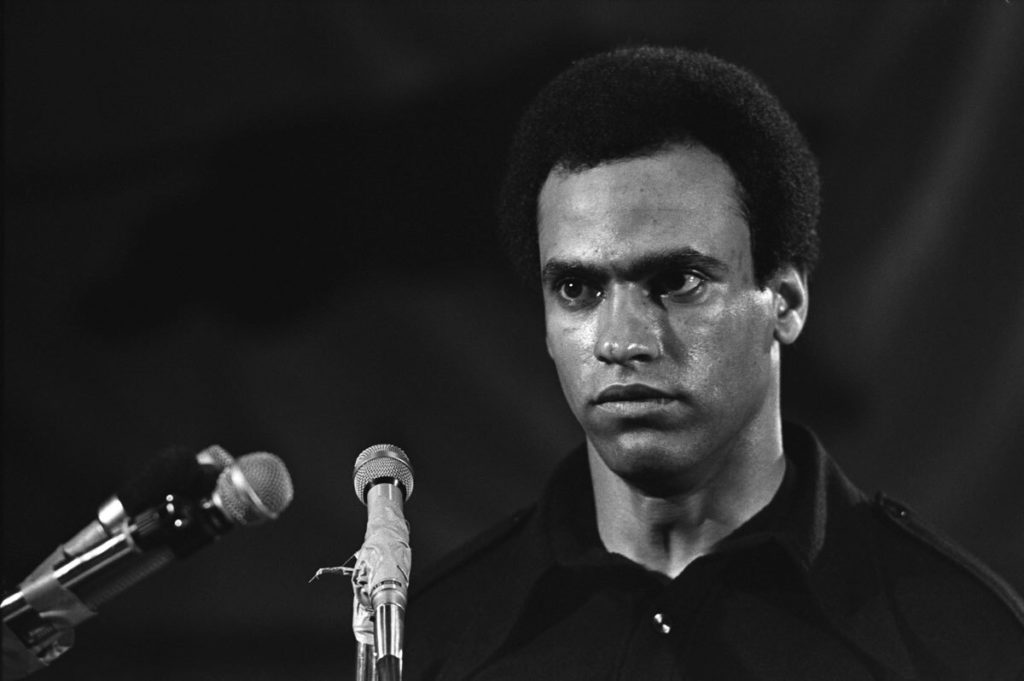
Huey P. Newton was raised in Oakland, California and educated in the Oakland public school system. He graduated from high school but was functionally illiterate. Despite being a bright and active child, Newton claimed that nothing he heard about in school made any sense to him, and he refused to engage with anything at school. Stories in English class weren’t applicable to him. The history they taught was a history of white America. From the first days of school, Newton noticed that nothing he was learning as applicable to the life of young, impoverished black male in Oakland. And Huey became increasingly defiant. Year after year, he was given a “social promotion” to get rid of him and pass him off on the next class. All of that omission, Newton stated, made him ashamed of being black. After all, if being black was worth something, you’d have to hear at least something about it. He was a failure at school, but he was also insightful and smart and a great listener. He liked to debate and was keen to examine the systems of power around Oakland. So Huey began to teach himself to read and enrolled in community college with the intent of studying criminology, to figure out how to beat the legal system as a criminal. He eventually discovered philosophy and enrolled in the philosophy program at Oakland’s Merritt College and became active in local politics. Here he met Bobby Seale, and the two – disgusted by the lack of a voice of black America in politics and education and economics and justice and so many other areas – founded The Black Panther Party. Newton was named Minister of Defense, a leadership role quickly characterized by the media as an aggressive role. But Newton was the Minister of Defense,not the Minister of Violence or the Minister of War or the Minister of Aggression. And he was named Minister of Defense because Newton had become obsessed with Constitutional rights and had intended to go to law school. His driving force was the police attacks in Oakland on peaceful demonstrations, which he recognized as a violation of First Amendment rights of peaceable assembly. Newton wanted to represent those people. After all, co-founder Bobby Seale had years of military training and was responsible for training members of The Black Panther Party in the handling and safety of legal firearms. Defense, to Seale and Newton, was a knowledge and understanding of the law, which could be used to protect people who systemically were not afforded that protection. Defense, to Huey P. Newton, was gaining access to the most basic functions of a society: clothes, food, education, family, shelter, justice. To Huey Newton, revolution came by ensuring that all people were treated like humans.
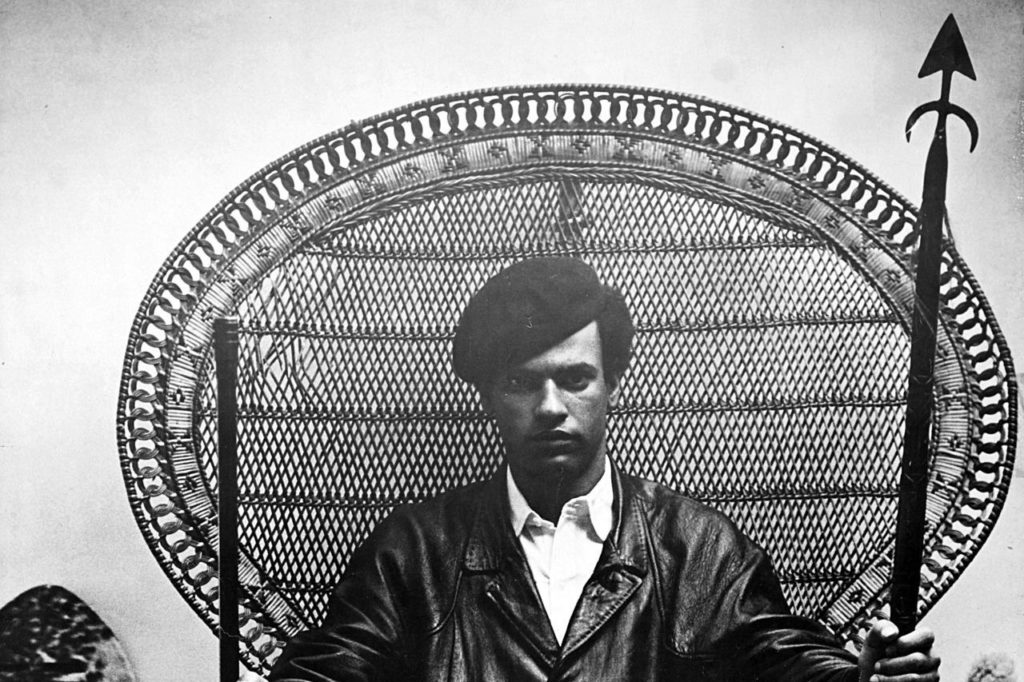
The history of The Black Panther Party is inarguably a convoluted history with plenty of sensational ugliness. It’s an eventual history of betrayal and power struggles and infiltration and too much money and too little control. Even Huey’s eventual arrests and trials, his long self-exile from politics, and his death in a crack deal make for a sensational story that often conflates the history of The Black Panther Party’s intent with its sensational, sordid side effects. But the truth is much clearer. Huey P. Newton wanted to defend black America, and he did it in ways that few people recognize anymore. They created clinics to test for sickle cell anemia and provide treatment assistance, long before the government acknowledged the damage the disease did to the black community. They provided rent assistance and day care for working members of the community. They created ride programs to help families get to jails and prisons to see incarcerated family members, in an attempt to keep families together. Newton personally started literacy programs. Their biggest program was a free breakfast program, which provided free, healthy food to school children in exchange for one thing: the children were required to speak politely and exhibit good manners during the meal. This program was later deemed by J. Edgar Hoover to be the greatest threat to national security in the United States. Why? Because it was indoctrinating young black children into The Black Panther Party’s beliefs. And it was. But not in the way Hoover feared. It was reminding black schoolchildren that they mattered, in a world that often forgot to tell them.

It’s a lesson that applies to pretty much everyone. The saddest part of the corruption of Huey P. Newton’s legacy is that it allows us to overlook the one message he fought so hard to foster. It allows us to forget – almost completely – the destructive power of being ignored. So much so on a macro level that things like #BlackLivesMatter, Beyonce’s Super Bowl performance, or the simple label “feminist” become instant targets for charges of reverse-discrimination. Simply asking to be considered is too much of a secession of power at a societal level, but what of the personal levels? How frequently do we deny our dreams in favor of practicality? How often do we ignore our needs in favor of practicality and simplicity? How many live lives that feel somehow faulty or flawed? Or dishonest? The moment we reflect upon our lives and think, “It wasn’t supposed to be like this,” yet have no awareness of what it should be, or how to get there? That’s the kind of omission Huey P. Newton fought to eradicate. Yes, he was addressing it for an entire race and against an embedded sociopolitical system, but the message scales in every direction. Not only is it imperative that we learn to understand that others have stories that go unheard, and it’s not our place to stifle that. The world is a giant place, and the existence of a different narrative from ours shouldn’t compromise or threaten our story. But it clearly does, which shows just how fragile some of our narratives truly are. And so it must be with the internal narratives that keep us limited, keep us lost, keep us frustrated, and keep us unfulfilled. A new story of what we want – or need, or deserve – might feel threatening, but only because of the fragile nature of the limiting stories we use to constrain ourselves. If we can learn one thing from Huey Newton, it’s this call.
All Power to the People. Let every story be told.

